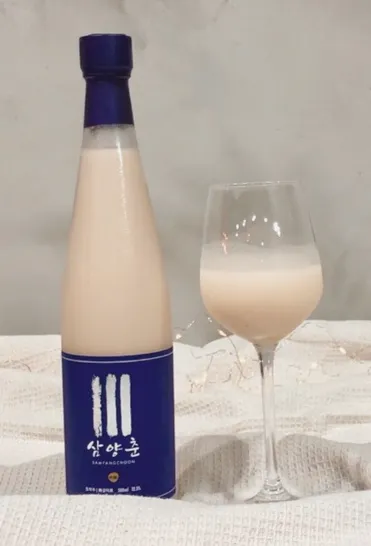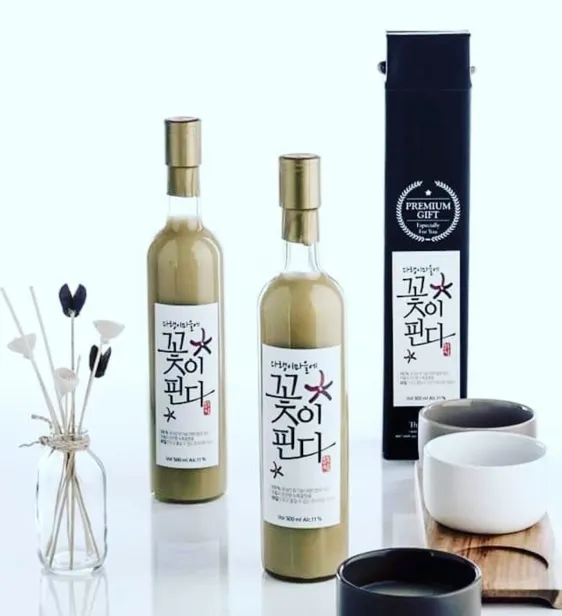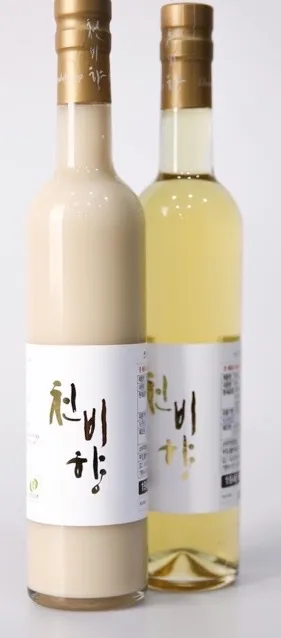What better time than during Social Distancing to expand your sool tasting horizons! There are a lot of traditional Korean alcohols available for delivery straight to your door. Read on to find out recommendations and where to buy them.
This is part two of our online shopping recommendations to support Korean breweries during this time of social distancing. If you’re looking for something lighter in alcohol content for your boozing needs, check out The Makgeolli Edition.
Some Things to Note
Once again, our links to purchase these brews are to Coupang, as we find them to be the most comprehensive sool source in one place. If you are already a Coupang user, it means you don’t have to compete with the terrifying world of Korean website payment gateways, simply put your sool in the basket and check out. If you’re not a Coupang user, no worries! Simply search some of the recommended sool names in your preferred platform and see if they offer them there.
Using Coupang a tough task? Would rather go sober than deal with any Korean online platform? We get it. Been there, done that, still drinking our way through it.
One option if you can’t get through the registration process of Coupang is to use the personal assistant service Wonderful. Wonderful is also an expat owned concierge business that we love to support, and they do a stellar job at making life easier for non-Korean speakers living all over the peninsula. Simply tell your personal assistant at Wonderful what you want, and they will take care of the rest.
Traditional & Artisan Takju
So you’ve tried some new and exciting makgeolli, and now you’re ready to graduate to the stronger stuff. If you’ve ever been to a Sool Co. tasting event or brewing class, you will be familiar with makgeolli’s thicker, creamier and boozier cousin ‘Takju’. Now technically the word takju means ‘cloudy alcohol’ so makgeolli can be (and by the tax law is) called takju. But makgeolli is generally a much more watered down product with an ABV percentage straddling the 6-9% range.
Traditional and artisan takju is often crafted with more labour intensive techniques, longer fermentation times and more than likely aging periods. They also usually have less water added for dilution and sport alcohol percentages around the 10 – 15% range. Simply put, there is a lot of blood, sweat and skill that goes into this category.
As such, don’t be put off if the price tag of some of these brews is a little higher. We tend to think of a bottle of artisan takju to be in the same realm of wine prices, rather than that of their lower ABV% relatives. One of the advantages of buying these products online is you will be paying significantly less to road test if you like a product than if you were drinking in a bar with the 3 x markup. That, and these breweries are small businesses that really need support through these troubling times!
Note: For information on cheongju and soju, stay tuned for the next installment of the series.



1. Samyangchun Takju (삼양춘 탁주)
Samyanchun has been one of our staple breweries since we got started into sool. They have a level of consistency and balance to their products that tends to be a crowd-pleaser, no matter the drinker. This takju, like all their products, is fermented in three stages and painstakingly crafted in Hangari (Korean clay pots). What we love about this takju is that it has body, sweetness and just the right amount of acidity that makes it go down easy. They are a true family operation with a commitment to the quality of their products, and just nice people to boot. If you get in before March 31st, they are also running a crowd funding campaign with some serious discounts. For more info check here!
2. Cheonbihyang Takju (천비향 탁주)
Without a doubt, one of the artisan breweries that we respect the most in this industry, are the people behind Cheonbihyang. Growing from a tiny operation in the basement of a residential building, to a purpose-built brewery to efficiently scale without compromising craft, these guys are incredibly dedicated and innovators ahead of their time. Hailing from Pyeongtek, Cheonbihyang uses quality local rice and is fermented no less than five times, and finally aged in cold storage for a further three months. The result is an impeccably smooth, silky bodied, sweet and floral forward takju.
4. Lee Sang Hun Takju (이산훈 탁주)
For the die-hard sool enthusiasts out there, the name Lee Sang Hun is synonymous with true artisan. The brew is named after the man himself, and is so small batch that you likely will not see it for sale, even in some of the more extensive sool bars. Lee Sang Hun takju is known for its truly traditional style and authenticity. It has a sharp booziness, sweet rice flavour with just enough sourness to bring everything together. For sool homebrewers out there, this brew brings back all the memories of when you magically strike that balance, but you know you won’t be able to do it twice!
5. Mi-in Takju (미인 탁주)
Mi-in translates into English as ‘Beautiful Woman’, and this brew is crafted by a truly beautiful soul. Brewmaster Choi Haengsuk was one of the pioneering women bringing traditional techniques back to commercial brewing when there was simply no peers. Her flagship takju is infused with ginseng from her husband’s farm and has a characteristically dry and earthy profile. Fermented out until the yeast has fully done their job, the body is light and smooth with a gentle aroma. Master Choi has been one of our beloved instructors in the Korean brewing program at Susubori Academy, and we love to support her in any way!
6. Baeknyeon Hyang (백년향)
Baeknyeon Hyang translates into ‘Aromas of a Hundred Years’, and they are relatively new to the artisan sool circuit. Since making their appearance a few years ago, both the takju and cheongju have steadily risen on the radar of quality, well-crafted sool. It is fermented in three stages and aged in cold storage for two months before being released to market. You will likely see the cheongju more available than the takju, but both are equally delicious in their own right. This takju has a nice middle of the road sweetness, wavering on the dry side, but with enough body and sourness to give a pleasant easy drinking experience.
7. Kidarim (기다림)
The Kidarim line, hand crafted in Busan, was a bit confusing to us at first as we foolishly thought the numbers 25 and 16 were the ABV percentage! After quickly realizing 25 would be nuts (fermented wonju usually taps out at about 21% alcohol at its pinnacle) we then dug a little deeper. The 25 and 16 are the degrees celsius at which the brews are fermented, with the gentle purple hue of 16 coming from a base of black rice. While the slightly lower ABV of 8 and 9 percent might put Kidarim in the Makgeolli category, they are without a doubt in our list of small-batch artisans.
8. KKeot Piunda (꽃피운다)
“The Flowers are Blooming”! An apt title for some spring tasting options. KKeot Piunda is the higher-end line of the makgeolli brewery ‘Daraengi Farm’ in Daraengi Village, Namhae. All the products from this village are artificial sweetener-free, and they arguably have the best views on the peninsula! (Don’t believe us, check their instagram here.) While in our experience their makgeolli can divide the crowd for being super thin and light, the higher alcohol versions sport a more satisfying body with a pleasant citric kick.
9. Sool Bitneun Jeongane (술빚는 전가네)
When we talk about brewing in Korean, artisans often use the verb ‘Bitda – 빚다’ which has a meaning closer to pray, and gives a sense of reverence to the crafting process. This very small, one-man operation is the true sense of old-style tradition, found deep in the countryside of Pocheon at the foot of Lake Sanjeong, the brewmaster has a line of different strength makgeolli and takju, as well as some hand-distilled soju as high as 61%. This particular takju is brewed and infused with pine needles, and sports a more sweet and sour profile with a higher acidity than other brews in the category.
10. Baekja Ju (백자주)
Some of the most common infusions when it comes to traditional recipes are often flowers, or even seasonal roots and leaves. However this particular takju takes its infusion to a whole new level by using pine nuts. You might be thinking, ‘But pine nuts are so light in flavour, can you even taste it?’. While some other brands of pine nut makgeolli might be hard to detect, there is no mistaking the pine-nut dominance in this brew. And it’s lovely! There is a luxurious, silky element and an unmistakable pine nut aroma that makes this particular takju in its own category of decadent.
As with our other recommendation posts, remember that they can also be found directly at the brewery websites or on other shopping platforms if you can navigate in Korean. The most important thing for these small breweries is that they are supported, especially in these uncertain times. Whatever way you choose to get your brews, just make sure you get them! Stay tuned for our next installment, the glorious versatility of Cheongju.

